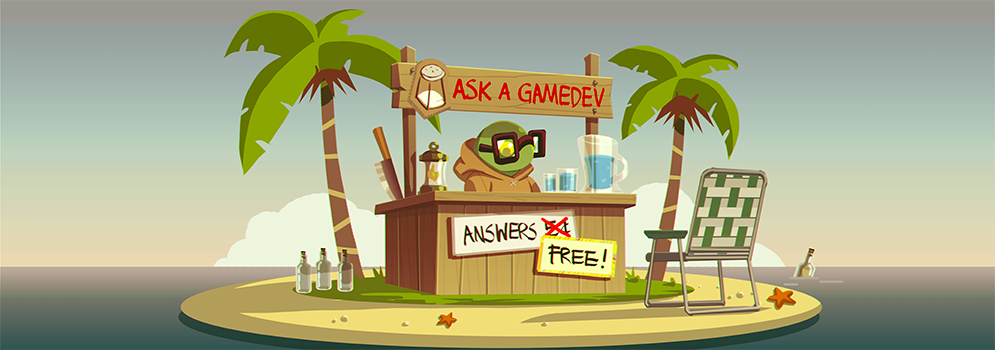I'm a recent computer science graduate and finished my military duty, where I also developed a strong concept for my first game. Game development is my passion, and I’d love to pursue it full-time, but I’m unsure if going indie can provide enough financial stability at the start. Should I focus on funding and self-publishing, or look for a stable job in the industry or another field and keep game dev as a hobby for now? My friends think I could succeed as an influencer if I started streaming, but I’m also unsure if I want to specialize—programming might be an option.
It's important to remember that you're still in your early levels and there's a lot of the tech tree you haven't yet explored. In the ideal scenario, you'll manage to find a job in the industry and use it to level up your skills. You'll be able to earn the skills and experience needed to make your dream game real while building other games and seeing some best practices in action.
Outside of the ideal scenario, I think that finding a job that can pay the bills and leave you with enough free time to spend on your passion is a worthwhile endeavor. The amount of crossover from regular software engineering and game development is not nil, and leveling up in software engineering is a net positive towards making your dream game work out too... and programming generally pays a lot better than indie dev work. You can even consider the day job as a means to earn some funding to build a demo that you can use to shop around for investors and further funding.
I would caution against starting off with streaming too - these are two entirely separate pastimes and require different sets of skills. I don't know how you operate - maybe you're naturally gifted at juggling multiple things at once or perhaps you have the gift of the gab so that you can keep an audience engaged while speaking into the void and also concentrating at the same time. I just know that it's difficult enough getting started without a lot of experience in one thing, let alone multiple things at once.
[Join us on Discord] and/or [Support us on Patreon]
Got a burning question you want answered?
- Short questions: Ask a Game Dev on Twitter
- Long questions: Ask a Game Dev on Tumblr
- Frequent Questions: The FAQ


